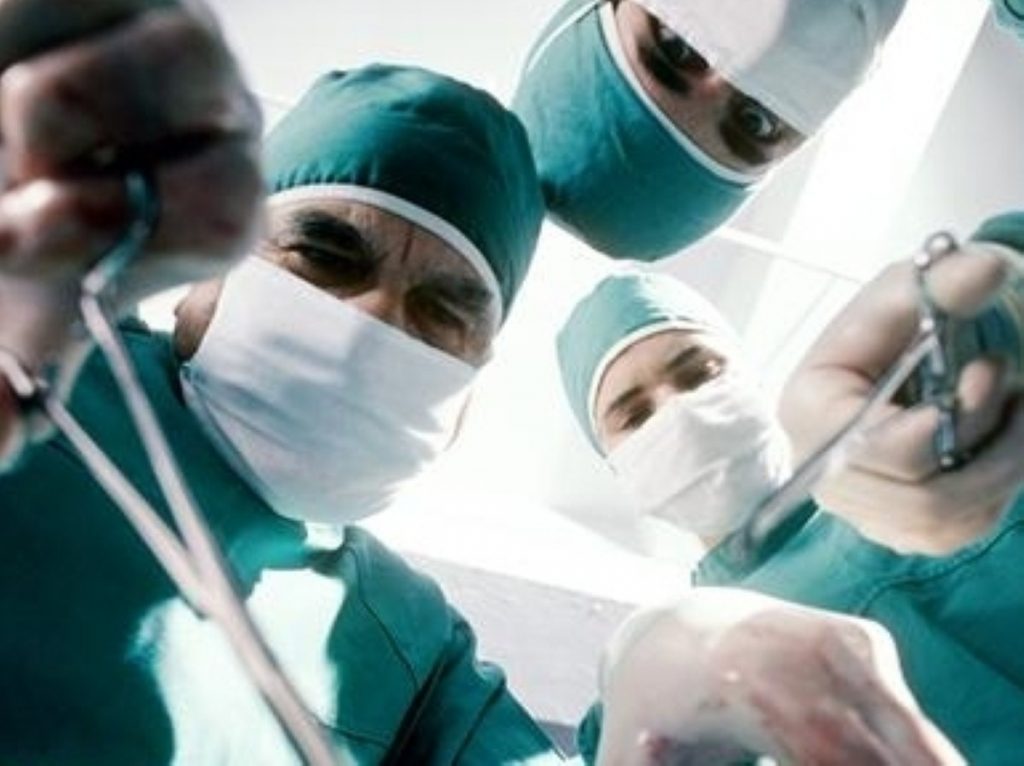Spending review: NHS and schools emerge unscathed
Health and education emerged from the comprehensive spending review with real-terms increases for the next four years.
Spending on the five-to-16s schools budget will rise by 0.1% in real terms in each year of the spending review, although the Department for Education will have to make real terms cuts of 12% in this period.
Announcements by Nick Clegg and Michael Gove within the last week had already made clear spending on education was unlikely to suffer in the same way as other departments.


The Liberal Democrats’ cherished ‘pupil premium’ increasing funding for children from disadvantaged backgrounds is worth around £2.5 billion and will see funding distributed to schools in relation to the number of pupils eligible for free school meals.
The deputy prime minister said last Friday this would include 15 hours a week of free nursery education for the poorest two-year-olds. It will form part of the larger £7 billion package set for the next four years.
The spending review also announced £15.8 billion of capital funding over the spending review period.
As expected the NHS was protected from spending cuts. Mr Osborne announced total spending would grow by 0.4% over the next four years.
He also revealed plans for an extra £1 billion a year for social care through the NHS, a new cancer drug fund of up to £200 million a year and expanded access to psychological therapies.
Ringfencing does not mean it is exempt from efficiency savings, however.
Set against the backdrop of major reforms to the NHS which will see GP consortia handed responsibility for controlling resources, managers have been tasked with identifying savings of around £20 billion over the next four years.
Some feel even planned spending increases will not be sufficient to deal with the demands being placed on the health services.
Earlier this month the NHS Confederation warned that planned spending rises would not be sufficient to deal with the pressures faced by the health service.
Councils have been warned to prepare for a dramatic increase in the number of vulnerable people no longer receiving provision. Only elderly people with the most critical needs can expect to receive free care, the employees’ organisation warned.












